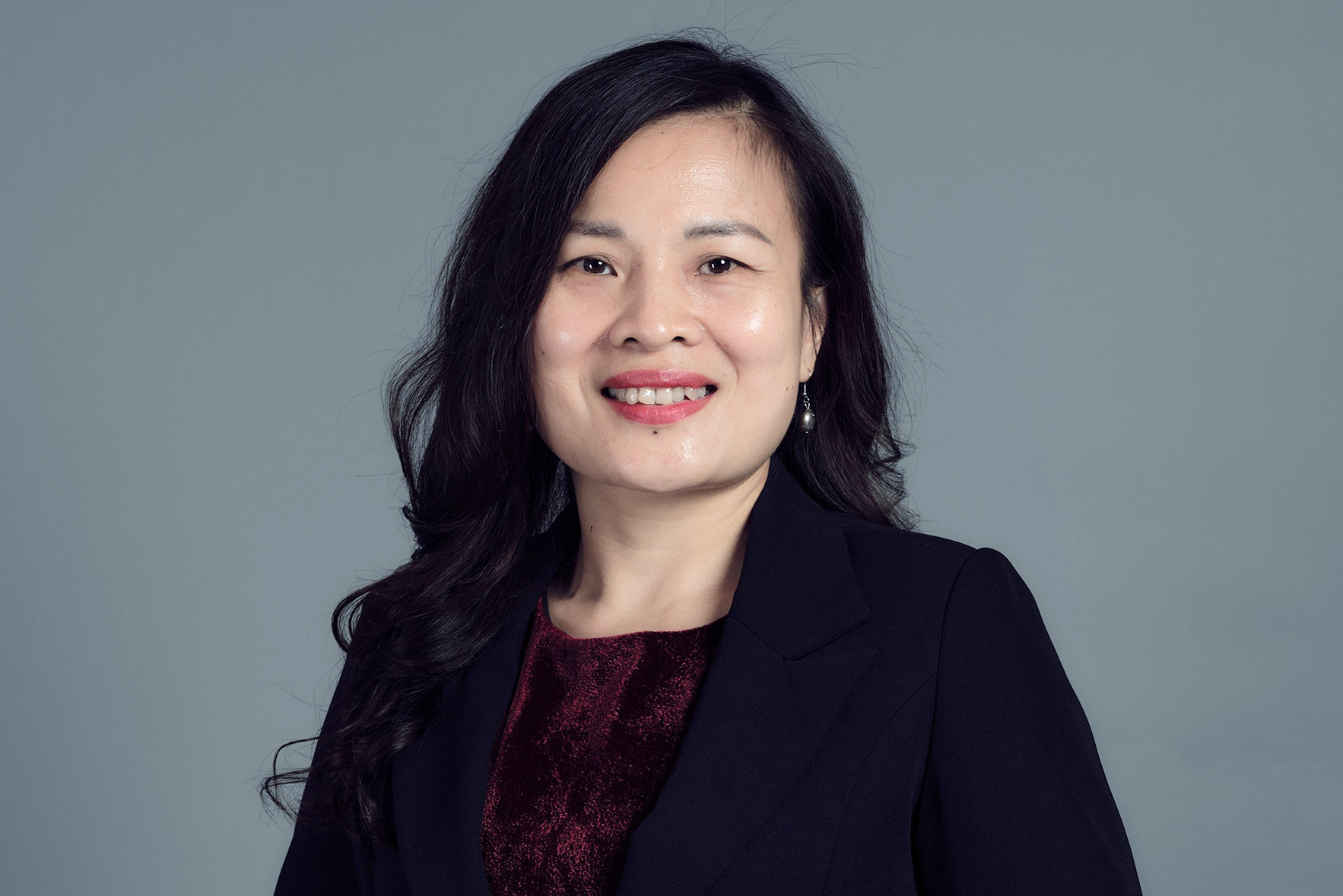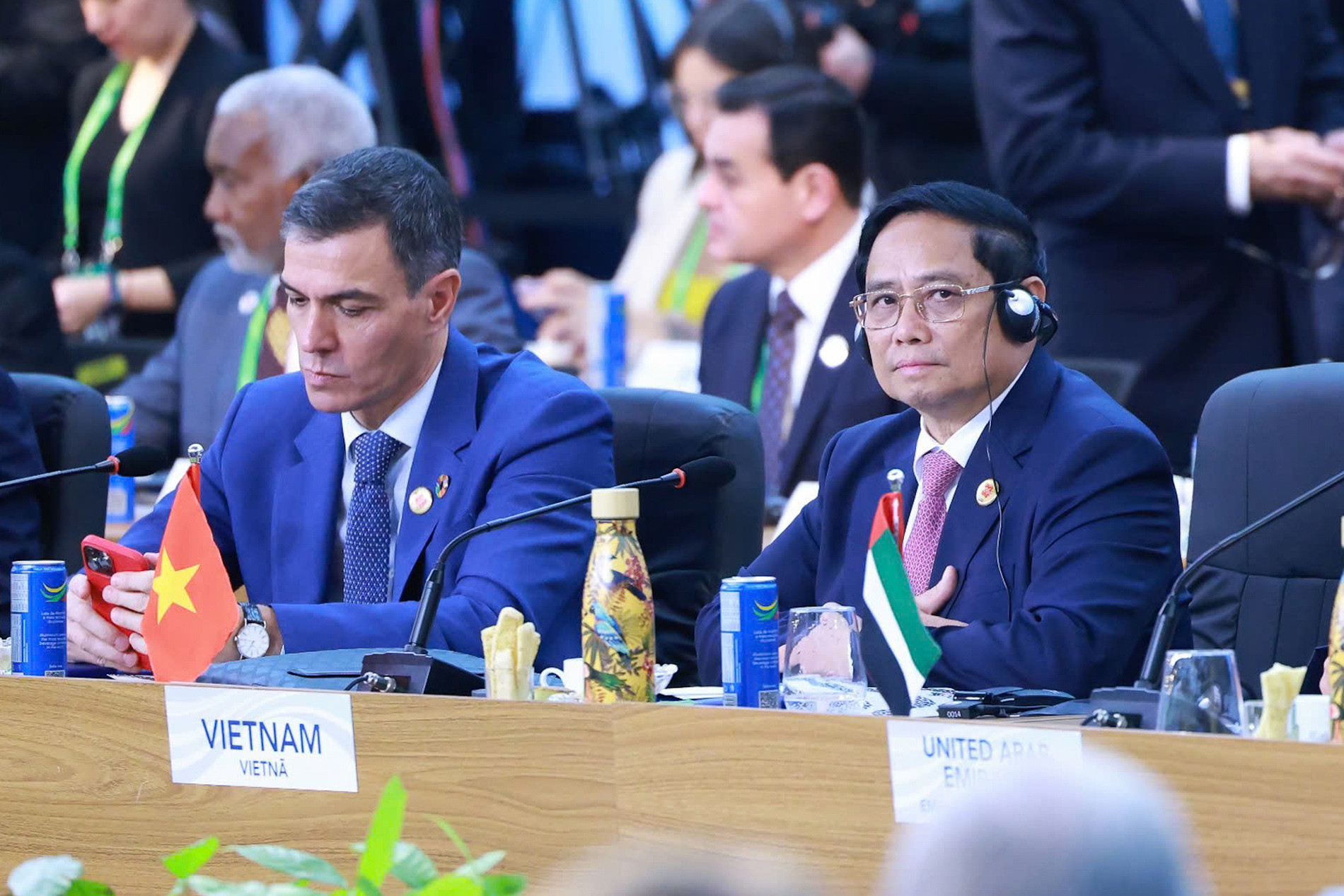
A significant highlight of Prime Minister Pham Minh Chinh’s recent trips to Brazil and the Dominican Republic was Chinh’s messages to the G20 Summit, affirming Vietnam's strategic vision, strong commitment, responsible proposals, and readiness to contribute more to global issues, especially in poverty reduction, sustainable development and energy transition.
VIetNamNet interviewed Vu Thi Quynh Hoa, Oxfam Country Director in Vietnam, about the issue.
The G20 Summit in Brazil on November 18 witnessed the launch of the "Global Alliance to End Poverty" and announced the list of founding countries, including Vietnam. Can do you comment about the event?
The establishment of the "Global Alliance to End Poverty" at G20 Summit is a significant milestone, reflecting a renewed commitment by countries to address multifaceted challenges of poverty and hunger, and inequality in the 21st century.
The achievements in poverty reduction in the past were really impressive, but we are facing new challenges from climate change, digital transformation, and the growing gap between the rich and the poor. This demands more comprehensive and innovative solutions.
Oxfam highly values Vietnam's role in the alliance as a founding member. This affirms Vietnam's efforts and successes in poverty reduction and inequality reduction, recognized internationally.
Vietnam’s experience in poverty reduction and its harmonious development model will serve as a valuable lesson for developing countries.
At the conference, Chinh highlighted Vietnam's achievements as a successful model in poverty eradication. What do you think about Vietnam’s poverty alleviation efforts in recent years?
Oxfam appreciates the commitments, policy effectiveness, and breakthroughs in Vietnam’s strategy for poverty reduction and inequality alleviation. With progressive socio-economic policies, international community support, and government leadership, Vietnam has become a successful model in this field.
Chinh's speech at the G20 Summit, asserting that Vietnam “does not sacrifice social security, progress, equity, and the environment for mere economic growth,” shows the major lesson from four decades of poverty reduction.
Vietnam gained an average GDP growth rate of 7 percent over three decades, with income per capita increasing six-fold since 1986, reaching $4,500 by 2023, and the poverty rate falling from over 58 percent in the early 1990s to 1.9 percent by 2024.
This success stems not only from economic growth but also from a strategy focusing on enhancing the quality of education, healthcare, and infrastructure and prioritizing support for vulnerable groups and disadvantaged regions.

In terms of institutional regime, Vietnam has a comprehensive legal framework to reduce poverty comprehensively. The country pays a lot of attention to public investment to improve education and healthcare quality and access.
A notable aspect of Vietnam’s poverty reduction strategy is prioritizing gender equality as a core goal to promote sustainable and inclusive poverty reduction. National poverty reduction programs give priority to female-headed poor households and poor households in the ethnic minority community.
What are your comments about Chinh's commitment at the G20 that Vietnam is ready to share experiences and cooperate with G20 countries and international organizations to implement global food security and anti-poverty programs?
Chinh’s commitment at G20 is a concrete example of an open-door policy, ready to learn, engage, and contribute positively to multilateral cooperation mechanisms.
Though Vietnam is not yet an official member of G20, its proactive and positive participation, especially as a founding member of the "Global Alliance to End Poverty," demonstrates Vietnam's increasingly significant role in the global economy. The international community acknowledges Vietnam's achievements in poverty reduction, inequality reduction, and inclusive and sustainable growth model promotion.
Vietnam's readiness to share experiences and collaborate with G20 countries and international organizations to implement global food security and anti-poverty programs is proof showing its strategy of ‘not going it alone’. The domestic sustainable development needs to be harmonized with collective efforts in international and multilateral cooperation to address global challenges such as climate change, inequality, and food security.
What are your recommendations for the government of Vietnam?
In my opinion, Vietnam could consider two groups of policies simultaneously.
Vietnam should focus on poverty reduction deepening, with efforts expanded to disadvantaged communities and villages to promote social mobility and sustainable poverty alleviation, and increase productivity and added value in agriculture, combined with climate change adaptation and participation in value chains. Vietnam needs to apply digital technology, and strengthen the universal social safety net to enhance resilience and adaptability to shocks, preventing the risk of falling back into poverty.
Thu Hang